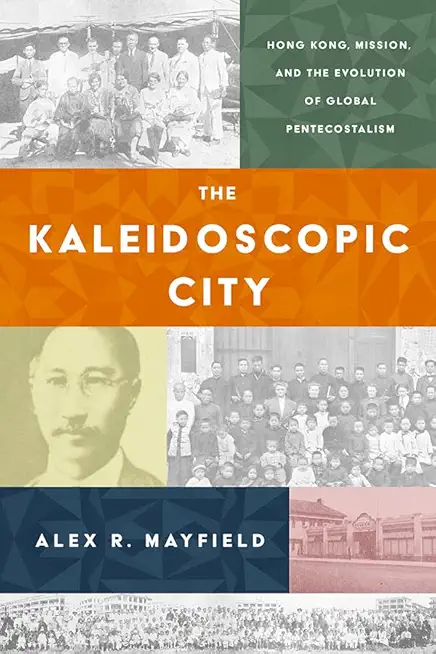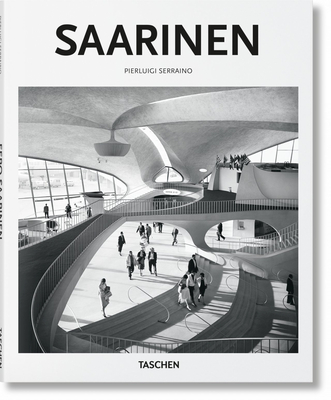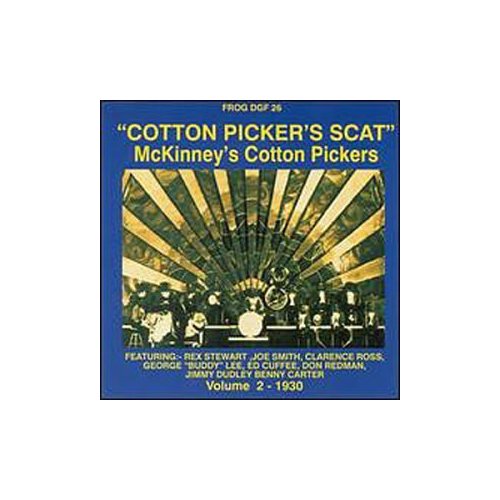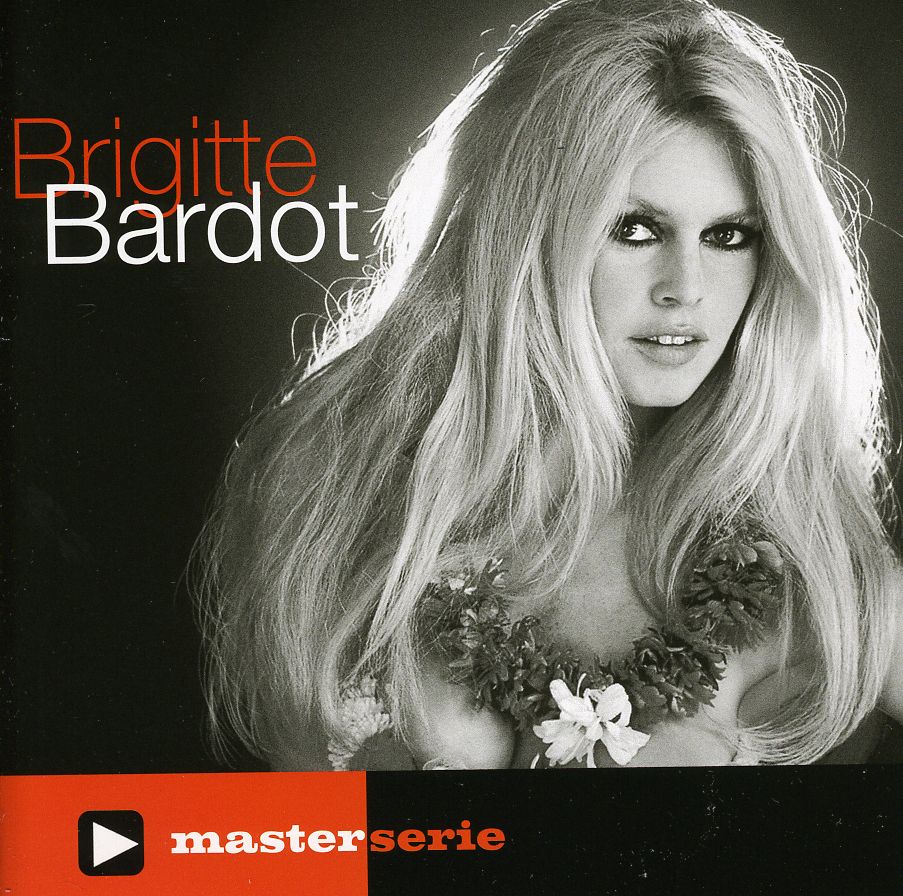
Mayfield, Alex R.
Throughout the book, Mayfield delves into specific facets of Pentecostalism's development in the colony. First, he explores how Pentecostals' changing relationship to the space of Hong Kong reflected both historical happenstance and deep-rooted evangelical narratives. Second, Mayfield traces how the move from faith mission models to denominational models in Hong Kong marked a dramatic shift in Pentecostal aims, identities, and approaches. Third, he examines the ways Pentecostal evangelistic practices remained, for the most part, "un-Pentecostal" in their conformity to evangelical missionary norms. Fourth, Mayfield considers how Pentecostal spirituality gradually evolved to better respond to the competitive religious marketplace of Hong Kong. Finally, he studies the important roles of Chinese and Western Pentecostal women in Hong Kong and how their perceptions and enactments of gender changed as they fulfilled those roles.
With each turn of the kaleidoscope a different vision comes into view. In some places, Pentecostalism looked like standard evangelicalism; in others, it was a radical, ecstatic departure. It was urban one moment and rural the next; it was liberating for women but also not; it was a move of the Spirit, and it was careful planning. This unique volume marks a step forward in the attempt to make sense of the paradoxical early Pentecostal movement in China concentrated in the vibrant colonial city of Hong Kong.







